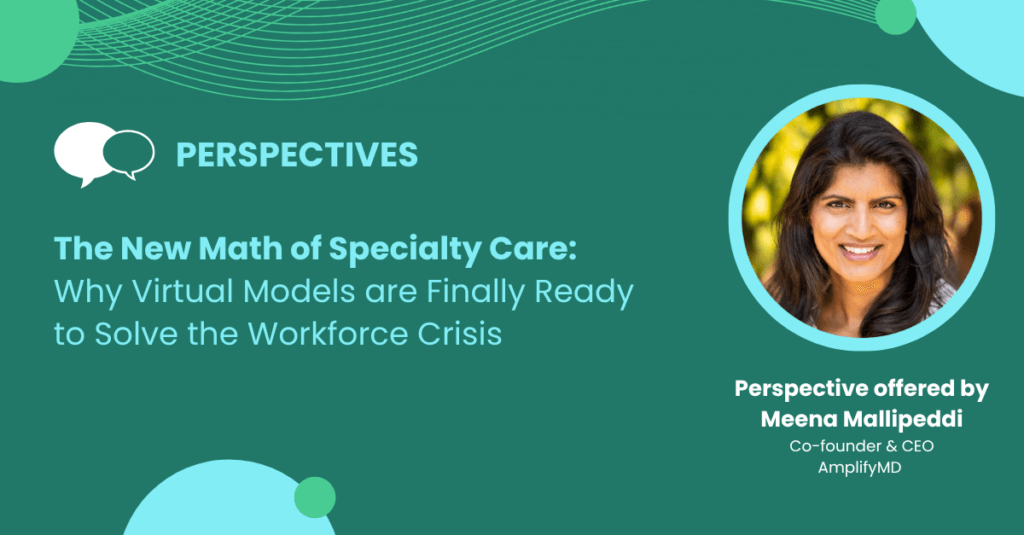It’s pretty easy to understand how provider burnout affects patients and health systems. They’re the ones that immediately lose coverage. Health systems scramble to fill staffing gaps, and patients struggle to get the care they need in a timely manner.
But do you know how provider burnout ties providers, payers, and the government together? These are the second and third-order effects that are all too often overlooked, but too critical to keep ignoring.
The second-order effects happen in the short to medium term, when burnout starts to impact payers in addition to patients and health systems. With the loss of these burned-out specialists, payers quickly lose network adequacy. They then slowly start seeing higher costs of care for their members as patients with delayed care needs and no ready way to get treatment, start showing up in the ED and other high-cost-of-care settings, or worse, end up admitted for an otherwise avoidable health issue.
The third-order effects build off of that, from a government perspective. With fewer providers seeing patients, it’s suddenly faced with a much sicker population than otherwise predicted. Over time, healthcare spending grows out of control: more meds, more hospitalizations, more interventions and procedures, more everything. Sound familiar?
In a country already spending more than nearly everyone else on healthcare (according to a recent article from the Kaiser Family Foundation, Medicare alone is approximately 12% of our federal budget, and 20% of national healthcare spend), this isn’t sustainable. Combined with an aging U.S. population and rising enrollment, higher costs per person have contributed to the growth in total Medicare spending year after year, to the point where the Part A Trust Fund is now expected to be insolvent in just 5 years–by 2028, according to the 2022 Medicare Trustees Report.
To really understand the full impact of provider burnout, we’ve got to look at its full ripple effect. Only once people understand and account for the true cost of each lost provider will the hard decisions we need to make to solve this problem have the political and financial backing to happen.
Meena Mallipeddi
Meena Mallipeddi is CEO of AmplifyMD, a multi-specialty virtual care company committed to solving previously unmet access needs for patients, hospitals, clinics, and specialty medical practices.






